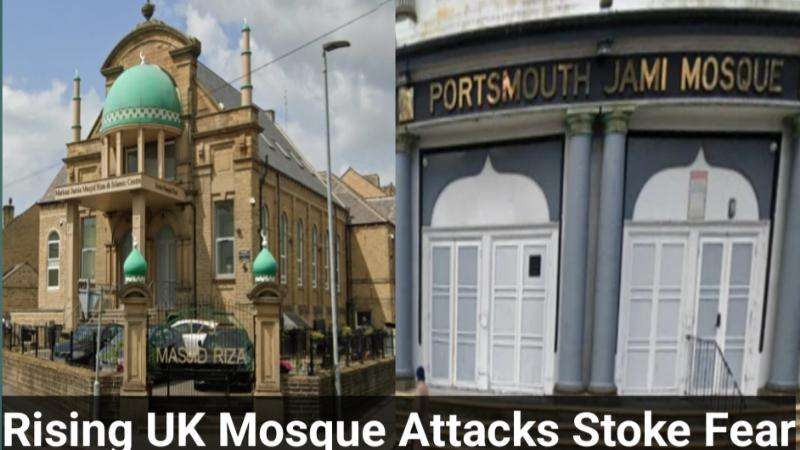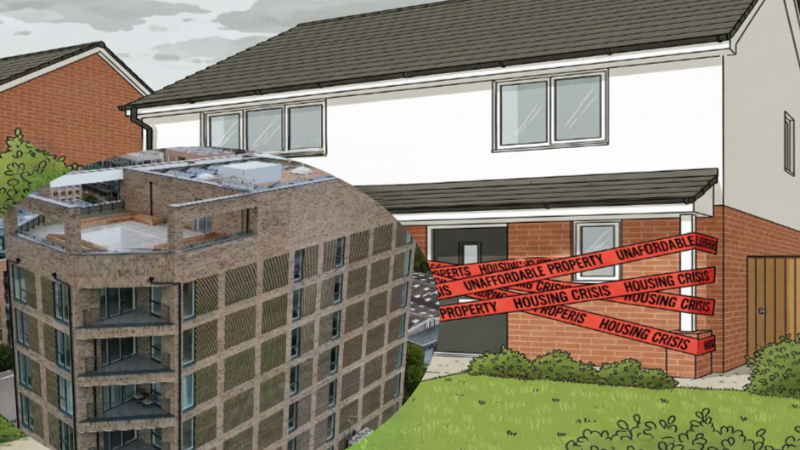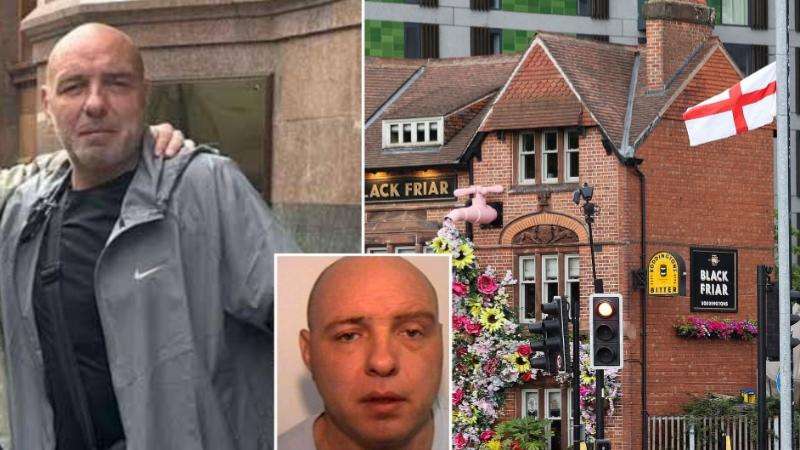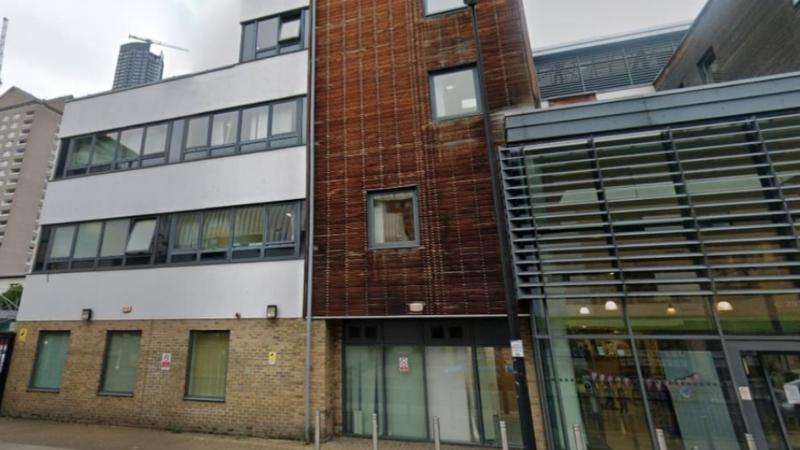For thousands of aspiring homeowners, the dream of a new home has become a prolonged and agonizing wait, with families left in limbo as their completed properties sit empty due to government-enforced delays. At the heart of this crisis is the Building Safety Regulator (BSR), a body created in the wake of the Grenfell Tower tragedy to ensure public safety, which has been criticized as being "not fit for purpose." Its sluggish bureaucracy has now become a major obstacle in the UK's desperate fight against a severe housing shortage.
The situation is dire. Data obtained by Sky News reveals that a total of 1,210 completed homes are currently uninhabitable because they are awaiting approval from the BSR. This backlog isn't just a number; it represents lives on hold. In one stark example, a block of 99 flats in west London has remained empty for over a year, despite residents having already purchased their homes. This is just the tip of the iceberg, with another 34,965 new residential units stalled in pre-construction phases, awaiting regulator decisions.
The Vicious Cycle of Delays and Broken Promises-The BSR's delays are not a minor inconvenience; they are a direct attack on the UK's housing targets and a blow to the economy. The government has an ambitious goal of building 1.5 million new homes this parliament, a target crucial for boosting economic growth and addressing the crisis. However, the BSR's performance is making this goal feel increasingly unreachable.
New buildings are supposed to be signed off within a 12-week period, but the percentage of applications being approved in that timeframe is plummeting. It fell from 47% in September of last year to a mere 32% by the end of March. This bureaucratic bottleneck is having a ripple effect, driving up building costs and making projects financially unviable.
Developers are at their wit's end. Jon Spring, managing director of Fairview Homes, stated that his company has tens of millions of pounds tied up in delayed sites. The extensive waiting periods—stretching from six to twelve months—are crippling their ability to forecast and plan. This not only makes building less productive but also discourages developers from undertaking high-rise projects, further constricting the supply of new homes where they are needed most.
A Broader Crisis Beyond Bureaucracy-While the BSR is a major culprit, it's essential to recognize that its failings are compounded by a broader, multifaceted housing crisis. The UK has been grappling with a severe housing shortage for decades, stemming from a combination of factors:
Antiquated Planning System: The planning system is slow and under-resourced, leading to significant delays in gaining permission for new developments.
Green Belt Policy: Strict regulations on green belt land limit building, especially around major cities where demand is highest.
Affordability Issues: The median home in England costs 7.7 times the median annual earnings, locking out many prospective buyers, particularly first-time buyers who struggle to save for a deposit.
Stalled Developments: Even with planning permission, many sites remain unbuilt. The government has recently proposed a "Delayed Homes Penalty" to encourage developers to act, but economic instability, rising building costs, and a shortage of skilled workers also play a significant role in stalling construction.
The government acknowledges the BSR's issues and is working to address them by moving the regulator to the Ministry of Housing, Communities and Local Government and recruiting over 100 new staff. However, for the thousands of families waiting for a home, these promises feel like too little, too late. They are left in the agonizing position of having paid for a home they can't live in, while the government, the developers, and the regulator engage in a finger-pointing blame game. The UK's housing crisis is more than a policy challenge—it's a human tragedy, and it's time for the government to prioritize people over paperwork.
The housing crisis is acutely felt in East London's Tower Hamlets, a borough with the UK's largest Bangladeshi community. This population is disproportionately affected by the housing shortage and rising costs. Many British Bangladeshi families are more likely to live in overcrowded conditions, with research showing they are 12 times more likely to experience this than their white British counterparts. This is partly due to a cultural preference for multigenerational households and larger family sizes, which are poorly served by the limited supply of affordable, family-sized homes. Despite a significant amount of social housing in the borough, long waiting lists and a decline in new council homes have pushed many into the precarious and expensive private rental sector, where they face high rents that consume a large portion of their income. This ongoing struggle for suitable housing has significant negative impacts on the physical and mental well-being of the community.
Croydon is grappling with a severe housing crisis, driven by a combination of high demand, a shortage of affordable homes, and increasing living costs. The borough has one of the largest numbers of households in temporary accommodation in London, with over 3,500 people currently housed in temporary accommodation. A staggering 449 people were recorded as rough sleeping between April 2023 and March 2024, a 20% increase from the previous year. This crisis is putting immense pressure on local services and is exacerbated by rising private sector rents and a backlog of much-needed repairs and maintenance in council-owned properties, including issues with damp and mould. In response, Croydon Council has implemented a new Homelessness and Rough Sleeping Strategy, aiming to expand emergency housing and enhance support for vulnerable residents.
_3.jpg)







.svg)



_3.jpg)